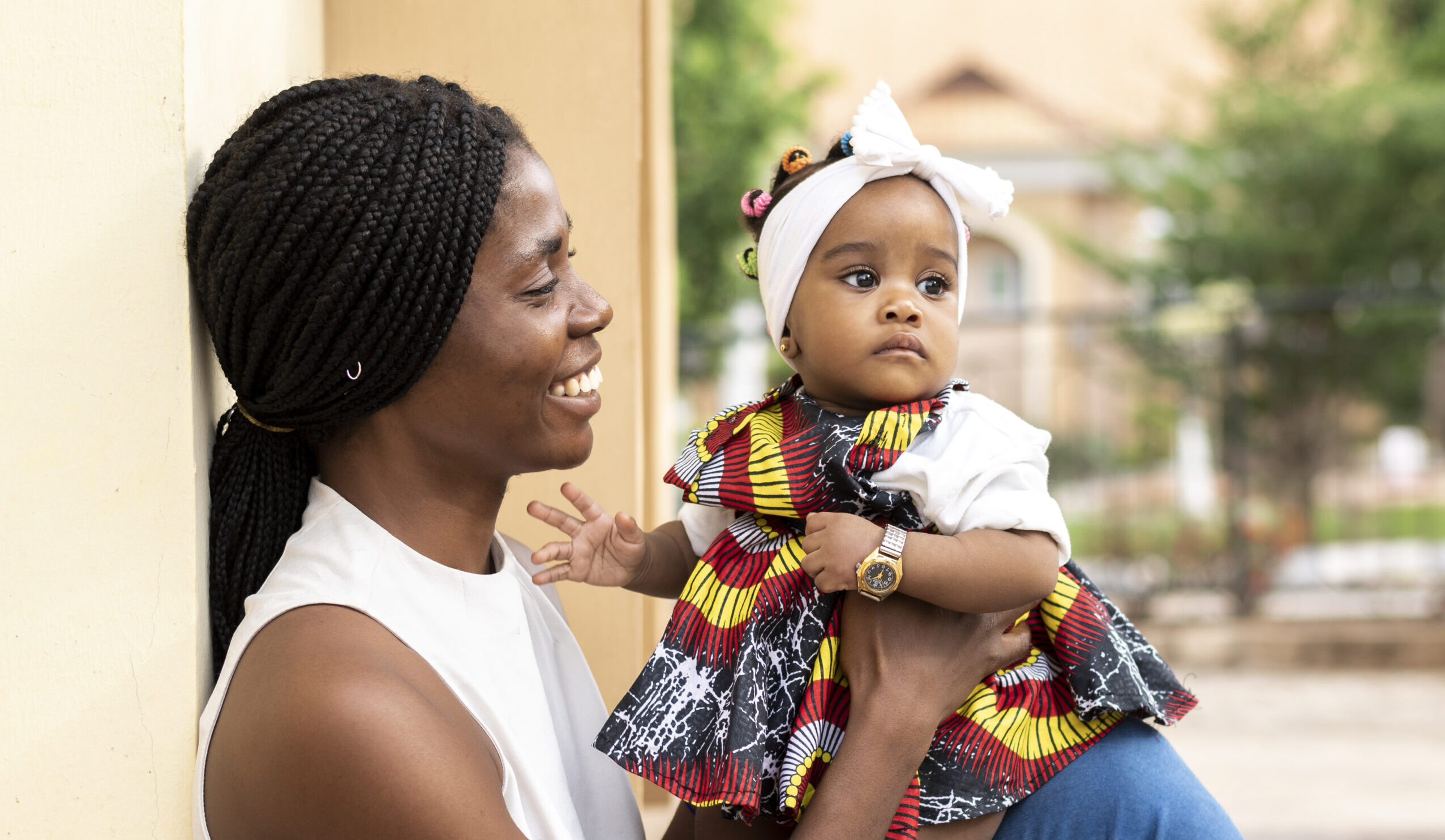Over the past several years, and specifically during the COVID-19 pandemic, it is an understatement to say there have been shifts in our society. The pandemic has magnified the effects of other ongoing crises as climate change, natural disasters, war, and famine have had outsized impacts on supply chains and already strained health systems. Advocates have increased their calls to action around how to continue family planning services in crisis settings and how to reach people who have been forced to leave their homes due to the effects of climate change.








